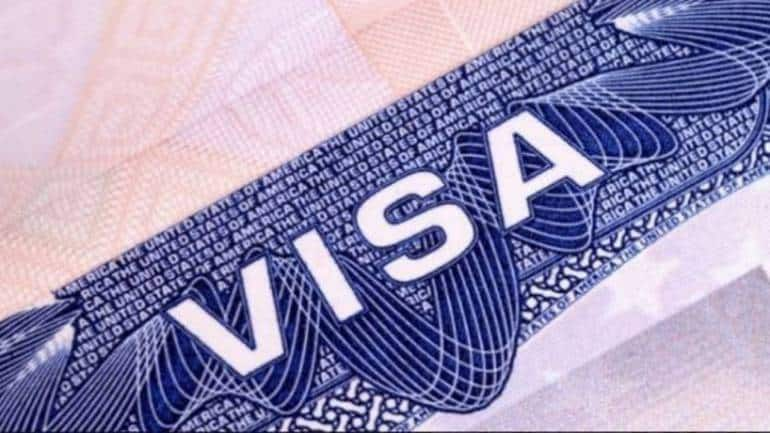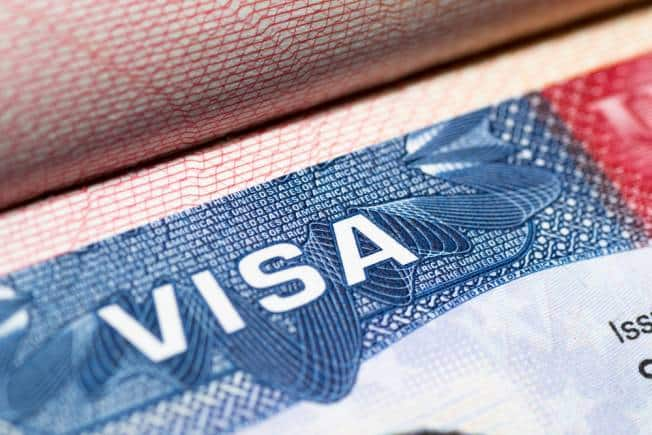The new German naturalisation law has not yet come into force but when it does, the current lead time of eight years for naturalisation will be reduced to five years.

"Our data show that Indians requested to convert the classification of their current visa to an EB-5 visa at double the rate in 2022 versus 2021," said Peter Calabrese, CEO of the Wall Street-based CanAm Investor Services.


Immigration News: US updates policy guidance for international students; New Zealand pauses rate increase for AEWV; Canada ends temporary public policy to facilitate TRV

Study abroad | What you need to know about applying to universities in the UK

New visa rules, work-hour cap for international students in Australia from July 1







Schengen visa goes digital, here's how it could change international travel

Immigration news: China eases fingerprinting mandate for some visas, New Zealand extends maximum continuous stay period

US lawmakers urge Joe Biden administration to address visa wait time issue in India on priority basis

Applying for Schengen visa is 'soul-crushing', says investor: '1 page print for Rs 150'

